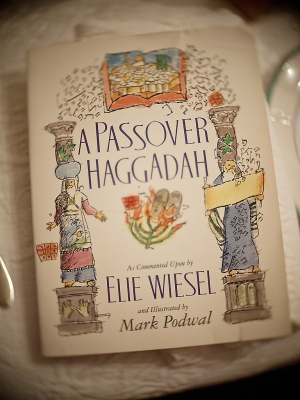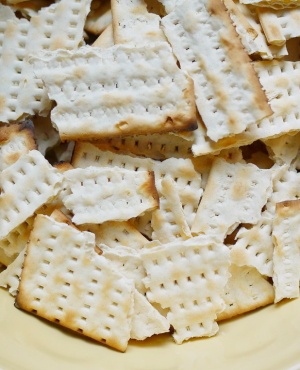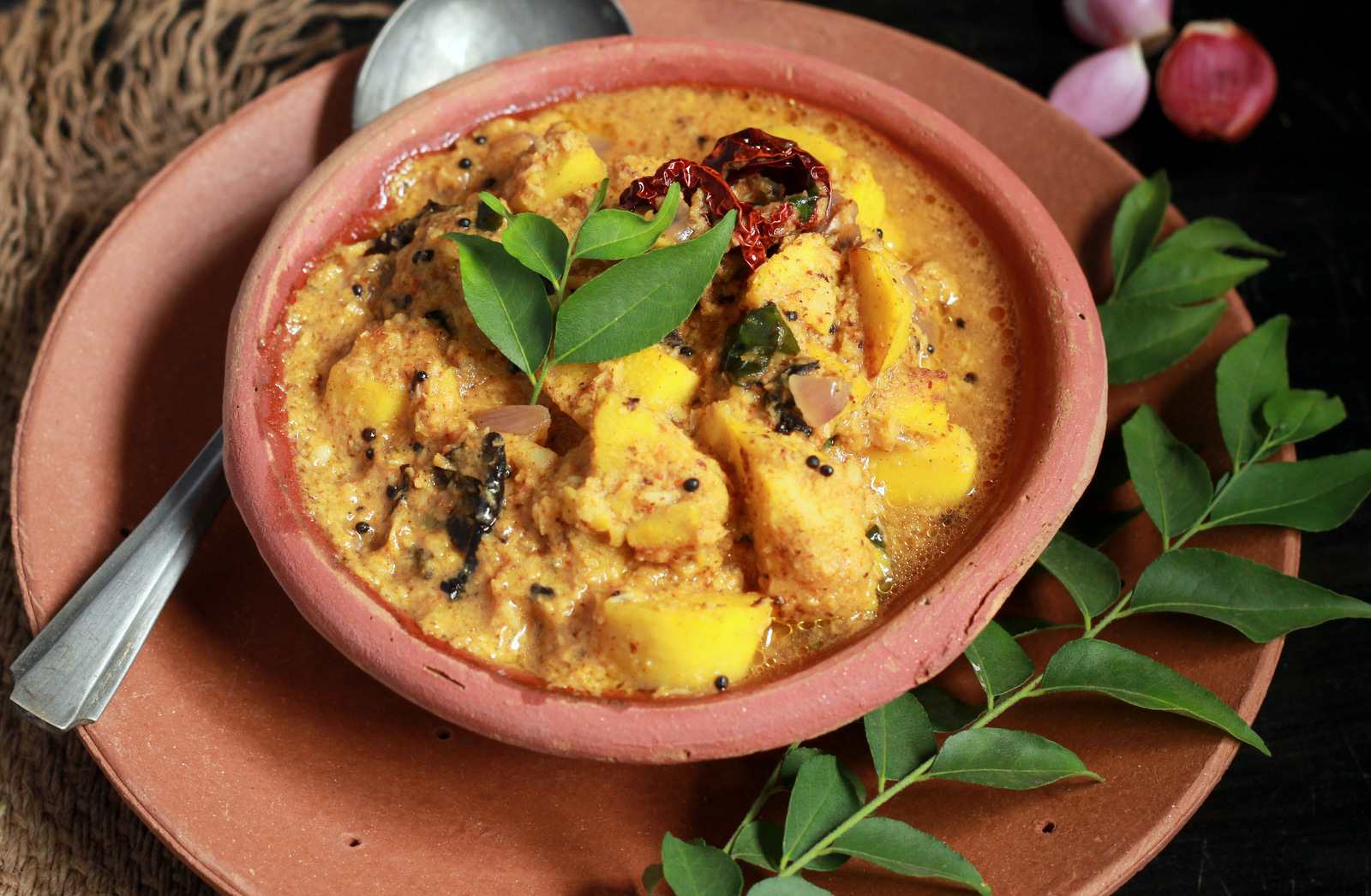SUNSET SATURDAY, MARCH 27: Tonight, Jews begin the most widely observed of all Jewish traditions: the seven- or eight-day festival of Pesach, also known as Passover. (Jews in Israel observe seven days; Jews of the Diaspora observe eight). Passover commemorates the ancient Israelites’ liberation from slavery in Egypt, which is recalled during an elaborate meal that takes place on the first night of Passover, known as the seder. While the first night of Passover would typically involve gathering for an in-person seder, continuing COVID-19 pandemic restrictions will prevent most families and friends from gathering in-person this year.
Fortunately—as many news sources are pointing out, ahead of the holiday—there is hope! Many who had little to no knowledge of the concept of virtual gathering have, since last year, gained hours of experience on these platforms. In 2020, worldwide pandemic lockdowns were in their infancy as Jews faced a unique Passover; in 2021, many have learned the ins and outs of virtual get-togethers.
This year, experts recommend assigning Haggadah reading roles ahead of Passover; swapping recipes weeks in advance of the feast, so that meal participants can enjoy the same foods; and coordinating virtual cooking sessions ahead of Pesach, so that culinary endeavors can turn out successfully. (Read more tips from Forbes.) Going a step further, Jewish Exponent suggests cooking dishes that appear bright and vibrant on-camera (recipes are in the article), and pre-arranging foods that won’t require a host or hostess to continue leaving the table.
PASSOVER: ONE YEAR IN, OUR VIRTUAL GATHERINGS HAVE EVOLVED
Each Passover, Jews around the world ask the same question: “Why is this night different from all other nights?” This year, that question will once again be answered in a rare manner, as social distancing restrictions continue. Yet in a positive light, this situation in some ways relates to the first Passover, as was written at Chabad.org: “On the very first Passover, in Ancient Egypt, each family was sequestered in its home. No one was permitted to step outside. Outdoors, a plague swept through the land, but in each Jewish home, there was light and hope.”
While stricter Jewish families may not participate in a virtual Passover seder, many Jews will be gathering in this way, this year.
While vaccinations are providing a sense of hope to many, most in-person gatherings are still discouraged. To prepare for a second Passover “in isolation,” Chabad.org offers a list of pro tips.
Freedom can still be celebrated at Passover in spite of the continuing pandemic, states an article in STL Jewish Light. For a commentary on the deeper meaning of freedom and Passover, check out the story here.
This year, Passover will begin just as Shabbat ends—leaving many in a difficult situation regarding Passover seder preparation. News sources such as Aish.com and Jewish Exponent are recommending preparing as much of the meal as possible ahead of time—with tips on how to do it.
In memory of a man who, for more than 40 years, bought millions of dollars of New York’s leavened bread products before Passover—and passed away last month–the Jewish Telegraphic Agency has a tribute article.
EGYPT, SLAVERY AND CHAMETZ
Among the events in the biblical story recalled during the seder, Jews give thanks to G_d for “passing over” the homes of those whose doors were marked with lamb’s blood during the biblical Plague of the Firstborn, for helping them to escape safely from Egypt’s army and for eventually leading them to freedom.

Haggadahs are available in a variety of commentary themes, such as this edition, which is commented on by Elie Wiesel. Photo by Edsel Little, courtesy of Flickr
Why is it so important to get rid of leavened products during this time? According to Exodus, as the Israelites left Egypt they moved so quickly that their bread was not able to rise. To this day, unleavened matzo bread is a staple element on seder tables and a symbol of this ancient festival.
As matzo is such an important element of Passover, many Jews are trying to revive the art of homemade matzo. Baking matzo is a challenge; only 18 minutes are allowed between the mixing of flour and water to the finishing of baking. Elaborate measures are taken to ensure the mixture does not rise.
FAST OF THE FIRSTBORN TO COUNTING OF THE OMER
During the day today, Jewish families may observe the Fast of the Firstborn. Tonight, after sunset, Passover will commence. As Passover begins, seders—ritualistic meals with readings, stories, songs and spirited discussion—are held in Jewish households everywhere.
Throughout the holiday period, and in more traditionally observant households, the dishes and baking tools used for the Passover seder are reserved only for this time and have never come into contact with chametz. The Passover seder is an extended meal that often lasts several hours, and is filled with ceremonial prayers, rituals, specific foods and drinks and careful table settings. During the seder, the story of the Exodus is recalled through readings from the Haggadah.
During Passover, the Torah obligation of the Counting of the Omer begins. On the second day of Passover, keeping track of the omer—an ancient unit of measure—marks the days from Passover to Shavuot.
from Religious Holidays https://ift.tt/3vjJtLn

 :: Unlock Your Success with Our Digital Course →
:: Unlock Your Success with Our Digital Course →















No comments:
Post a Comment